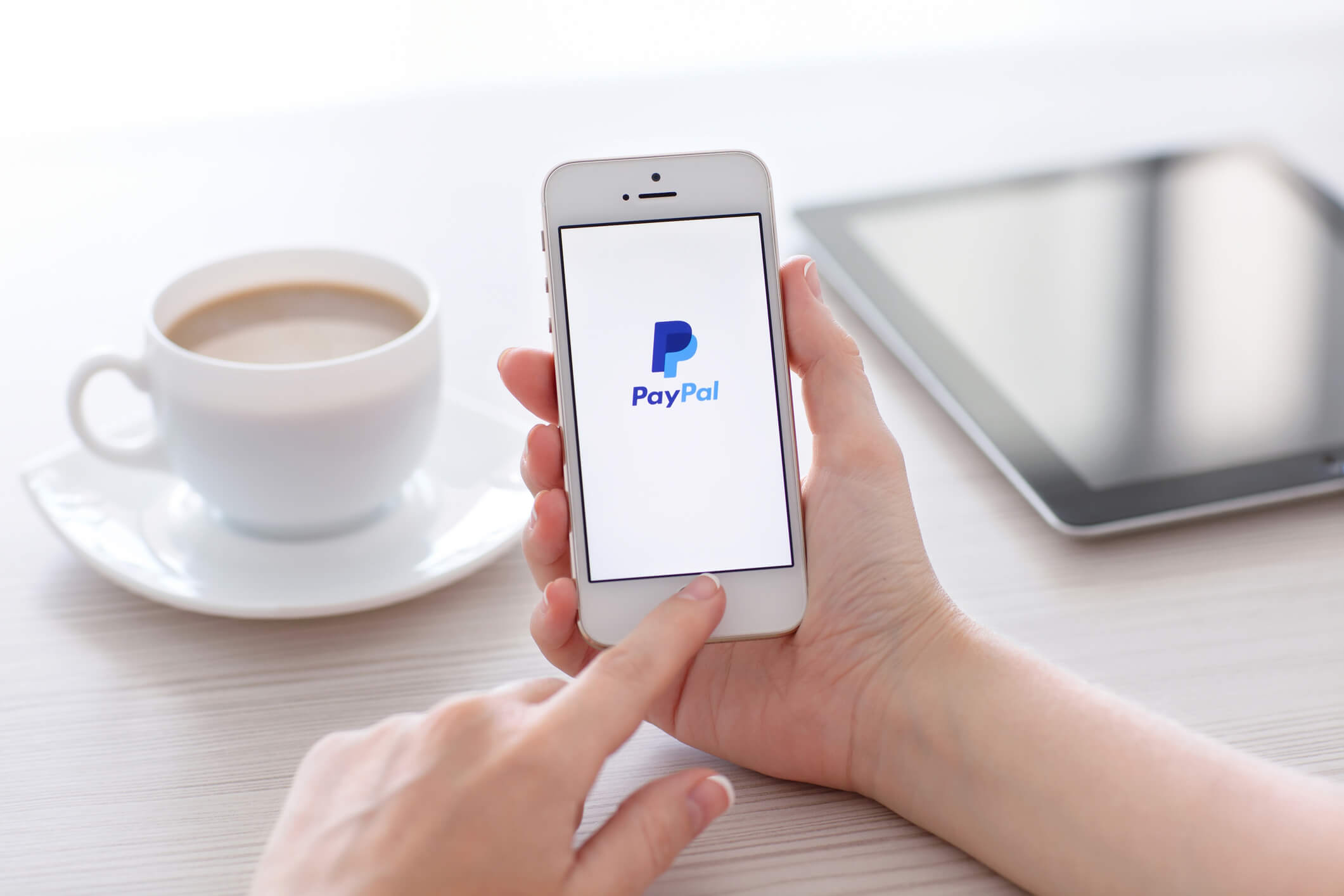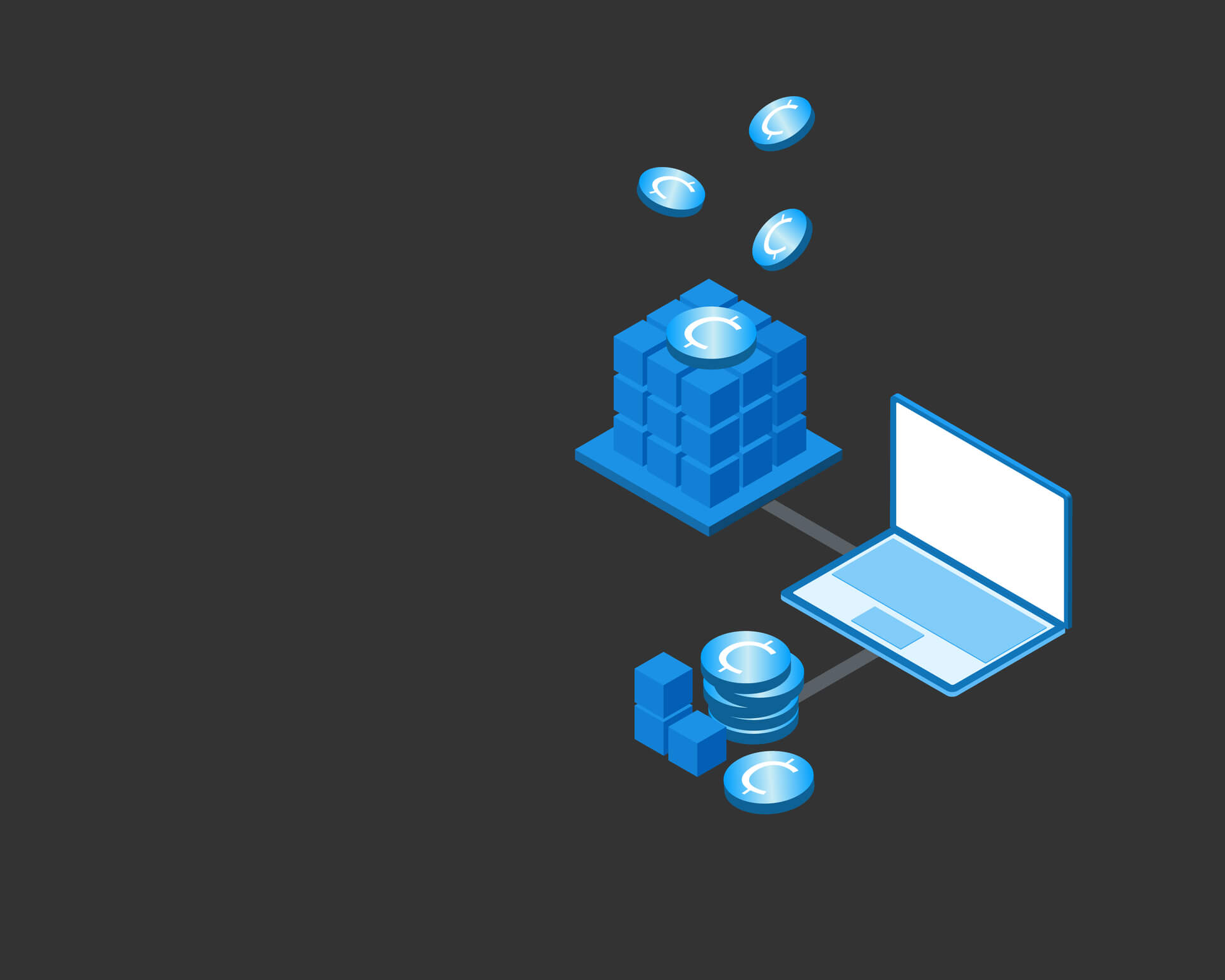
By alphacardprocess May 21, 2024
In the ever-evolving world of e-commerce, PayPal has emerged as one of the most popular payment platforms for both buyers and sellers. With its user-friendly interface and secure transactions, PayPal has become a go-to choice for millions of online businesses. However, like any other service, PayPal charges fees for its services, and it is crucial for sellers to understand these fees to effectively manage their finances and maximize their profits.
This comprehensive guide aims to provide a detailed breakdown of PayPal seller fees in 2024. We will explore the different types of fees that sellers may encounter, including transaction fees, cross-border fees, micropayment fees, PayPal Here fees, PayPal Business Payments fees, PayPal Payments Pro fees, and PayPal Seller Protection fees. By understanding these fees, sellers can make informed decisions and optimize their selling strategies on PayPal.
Overview of PayPal Seller Fees: A Breakdown of Different Types
PayPal offers various types of services to cater to the diverse needs of sellers. Each service comes with its own set of fees, which sellers must consider when calculating their costs and pricing their products. Let’s delve into the different types of PayPal seller fees and how they impact sellers’ bottom line.
Transaction Fees: Calculating Costs for Each Sale

One of the most common fees that sellers encounter on PayPal is the transaction fee. This fee is charged as a percentage of the total transaction amount and varies depending on the seller’s monthly sales volume. In 2024, PayPal has revised its transaction fee structure to better align with sellers’ business needs.
For sellers with monthly sales volumes below $3,000, the transaction fee is 2.9% plus $0.30 per transaction. This fee applies to domestic transactions within the seller’s country. However, for sellers with monthly sales volumes exceeding $3,000, PayPal offers discounted transaction fees, starting at 2.5% plus $0.30 per transaction. This tiered fee structure incentivizes sellers to increase their sales volume and enjoy lower transaction costs.
Cross-Border Fees: Navigating International Transactions
In an increasingly globalized marketplace, many sellers engage in cross-border transactions to reach a wider customer base. However, conducting international transactions comes with additional costs, known as cross-border fees. These fees are charged on top of the regular transaction fees and vary depending on the seller’s location and the buyer’s currency.
PayPal’s cross-border fees in 2024 range from 3.4% to 4.8% of the transaction amount, with an additional fixed fee based on the currency conversion. Sellers should carefully consider these fees when pricing their products for international customers and factor them into their profit margins.
Micropayment Fees: Exploring Costs for Low-Value Transactions
For sellers who frequently deal with low-value transactions, PayPal offers a micropayment fee structure. Micropayments are transactions below $10, and PayPal provides a discounted fee for such transactions to accommodate sellers in industries like digital goods, microservices, and online subscriptions.
In 2024, PayPal’s micropayment fee is 5% plus $0.05 per transaction, making it an attractive option for sellers with a high volume of low-value sales. By utilizing the micropayment fee structure, sellers can reduce their transaction costs and increase their profitability in industries where small transactions are the norm.
PayPal Here Fees: Understanding Costs for In-Person Sales
While PayPal is primarily known for its online payment services, it also offers a solution for in-person sales called PayPal Here. With PayPal Here, sellers can accept payments through mobile card readers, making it convenient for businesses that operate in physical locations or attend events.
PayPal Here fees in 2024 include a transaction fee of 2.7% for swiped or tapped transactions and 3.5% plus $0.15 for manually entered transactions. These fees are competitive compared to traditional point-of-sale systems, making PayPal Here an attractive option for small businesses and entrepreneurs who require flexibility in accepting payments.
PayPal Business Payments: Analyzing Fees for Business Transactions
For sellers engaged in business-to-business (B2B) transactions, PayPal offers a specialized service called PayPal Business Payments. This service allows sellers to send invoices and receive payments from other businesses at a reduced fee.
In 2024, PayPal Business Payments charges a fee of 1.9% plus $0.10 per transaction, making it an economical choice for sellers involved in B2B transactions. By utilizing this service, sellers can streamline their payment processes and save on transaction costs when dealing with other businesses.
PayPal Payments Pro Fees: Exploring Costs for Advanced Payment Solutions
PayPal Payments Pro is a comprehensive payment solution that enables sellers to accept credit card payments directly on their websites. This advanced service provides a seamless checkout experience for customers and offers additional features like recurring billing and virtual terminal access.
While PayPal Payments Pro offers enhanced functionality, it comes with higher fees compared to standard PayPal transactions. In 2024, PayPal Payments Pro charges a monthly fee of $30, in addition to the regular transaction fees. Sellers should carefully evaluate the benefits and costs of PayPal Payments Pro to determine if it aligns with their business needs and justifies the additional expenses.
PayPal Seller Protection: Examining Benefits and Associated Fees
Frequently Asked Questions (FAQs) about PayPal Seller Fees
Q.1: Are there any fees for receiving money on PayPal?
Yes, PayPal charges transaction fees for receiving money. The fees vary depending on the seller’s monthly sales volume and the type of transaction.
Q.2: Can I negotiate lower fees with PayPal?
PayPal’s fee structure is standardized and not negotiable. However, sellers with higher sales volumes may be eligible for discounted transaction fees.
Q.3: Are there any hidden fees on PayPal?
PayPal is transparent about its fees, and there are no hidden charges. Sellers can review the fee structure on PayPal’s website or consult customer support for clarification.
Q.4: Can I avoid cross-border fees on PayPal?
Cross-border fees are unavoidable when conducting international transactions on PayPal. Sellers should consider these fees when pricing their products for international customers.
Q.5: How can I minimize PayPal fees?
Sellers can minimize PayPal fees by optimizing their sales volume to qualify for discounted transaction fees, utilizing the micropayment fee structure for low-value transactions, and considering alternative payment methods for international sales.
Conclusion
Understanding PayPal seller fees is essential for sellers to effectively manage their finances and maximize their profits. In this comprehensive guide, we have explored the different types of PayPal seller fees in 2024, including transaction fees, cross-border fees, micropayment fees, PayPal Here fees, PayPal Business Payments fees, PayPal Payments Pro fees, and PayPal Seller Protection fees.
By familiarizing themselves with these fees and considering them when pricing their products and calculating their costs, sellers can make informed decisions and optimize their selling strategies on PayPal. It is crucial for sellers to stay updated with the latest fee structures and policies to ensure they are accurately accounting for their expenses and maximizing their profitability on the platform.